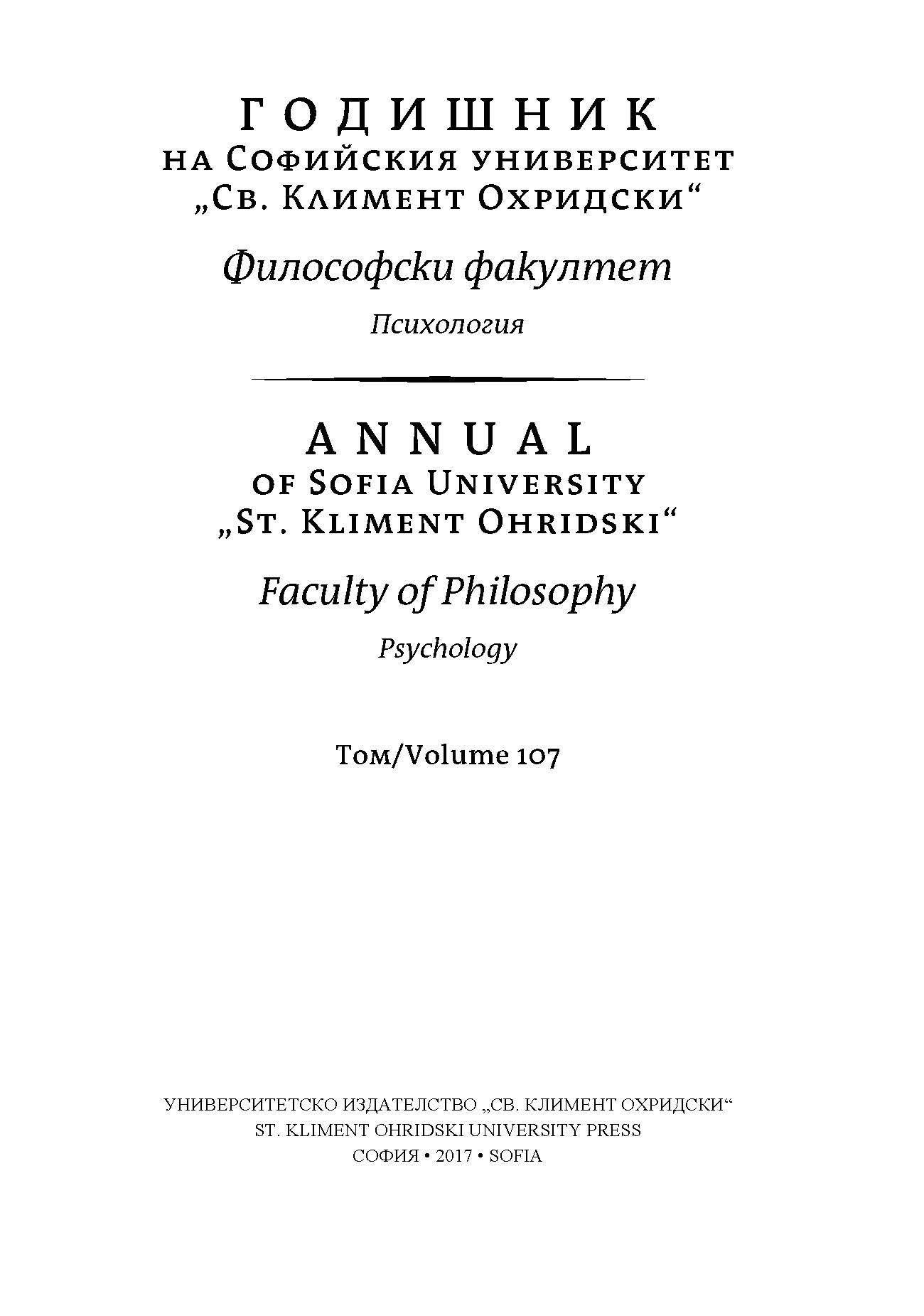Вероятностни преценки, евристики и уклони сред български студенти: връзки с пол, специалност и училищни постижения
Probability judgments, heuristics, and biases among Bulgarian students: Associations with gender, education, and school performance
Author(s): Nikolay Rachev, Ekatherina PeychevaSubject(s): Social Sciences, Psychology, Cognitive Psychology
Published by: Софийски университет »Св. Климент Охридски«
Keywords: heuristics and biases; dual-process theories; cognitive miser; mindware; individual differences
Summary/Abstract: Heuristics and biases in making probability judgments have found their natural conceptualization within the framework of dual-process theories of cognition. Within this theoretical framework, Stanovich and his research team proposed a taxonomy of heuristics and biases. Research within this framework has focused primarily on explaining an apparently surprising finding: the lack of association between performance on heuristics and biases tasks and standardized measures of intelligence. However, the taxonomy has the potential to also predict relationships that have rarely been studied previously with factors such as gender and education. In two consecutive studies, we tested the effects of some famous heuristics and biases problems, and their association with gender, education, and school performance (as a proxy for intelligence). Virtually all main effects of tasks were reproduced with Bulgarian students. Gender turned out to be the most important predictor of task performance: males gave more normative answers than females, and the size of effect was large. The interrelations between performance on different problems did not show any pattern consistent with either Tversky and Kahneman’s original classification of heuristics or Stanovich et al.’s taxonomy. Neither did we find evidence for good internal consistency in performance across different tasks. However, generalizations about the validity of the theoretical assumptions would be premature, mostly because of the small sample size in this study. The difficulties of measuring school performance in the Bulgarian environment also prevented us from making conclusions related to this variable with a decent amount of certainty. Despite these limitations, the study provides evidence suggesting the inclusion of new, not previously defined parameters in the theoretical framework, such as the extent to which the surface task contents predisposes for overriding the heuristic response, and the level of mindware needed to solve the problem.
Journal: Годишник на Софийски университет „Св. Климент Охридски“. Философски факултет. Психология
- Issue Year: 107/2017
- Issue No: 1
- Page Range: 55-100
- Page Count: 46
- Language: Bulgarian

